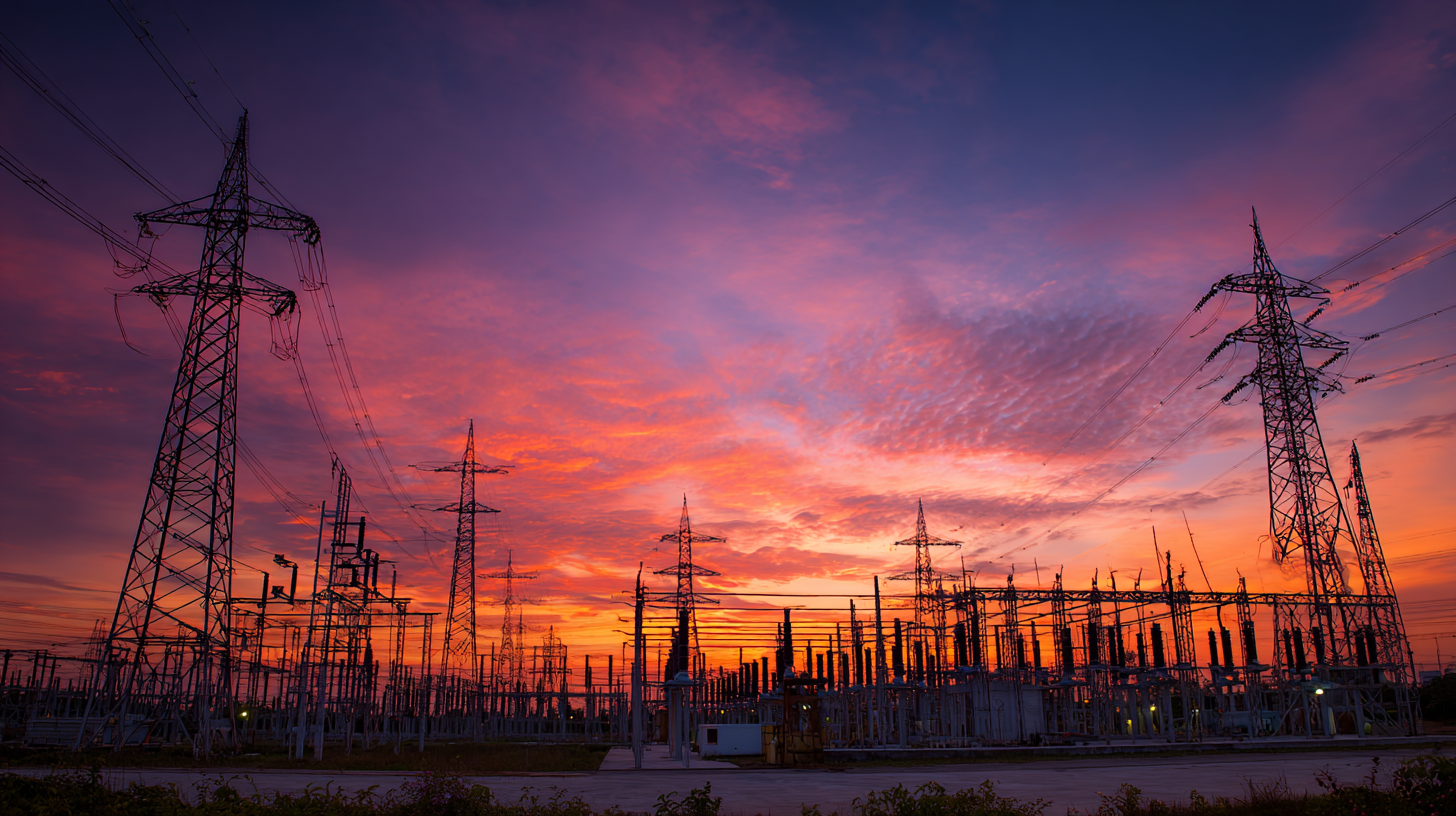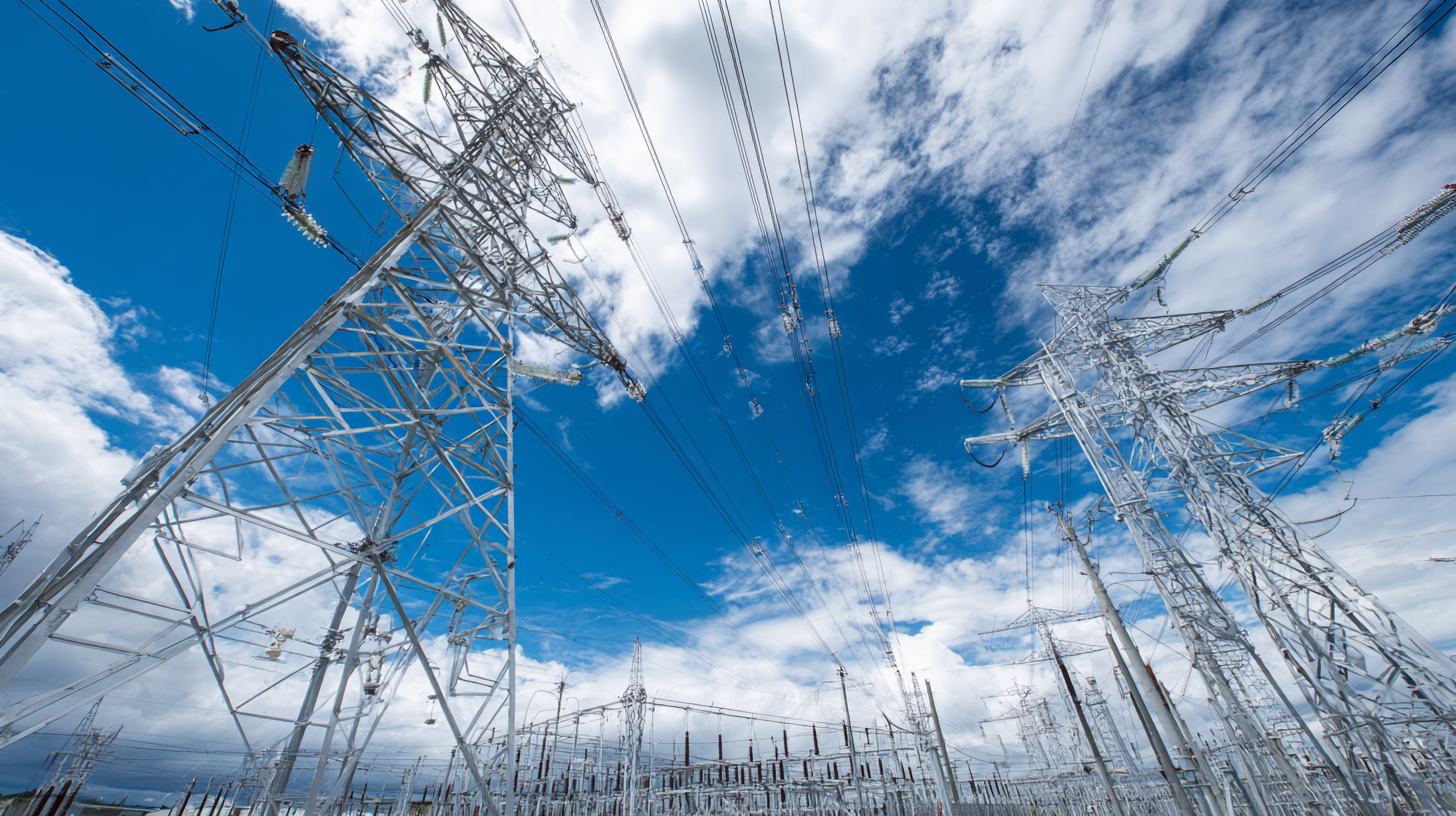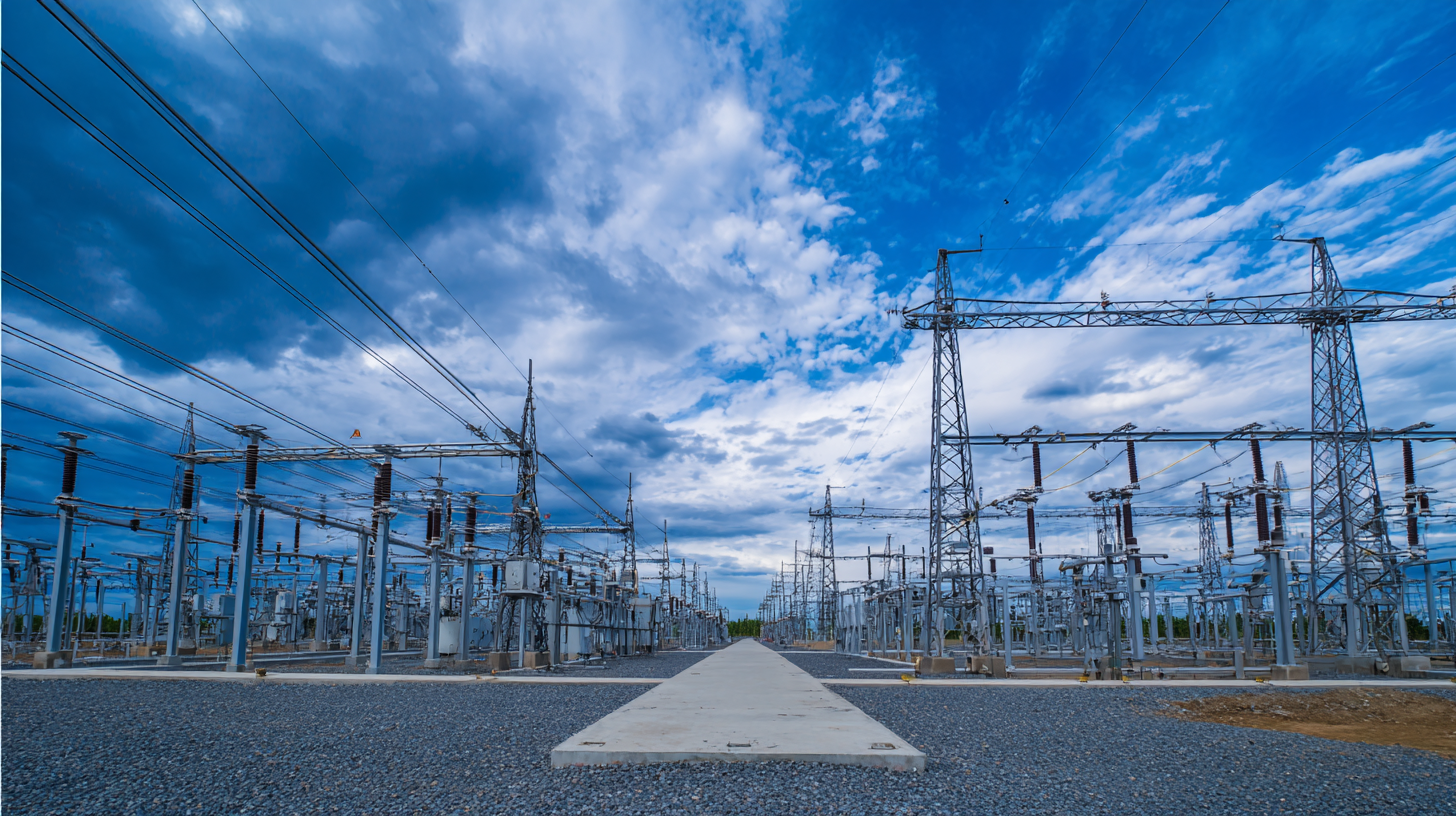Leave Your Message
 In today's competitive market, selecting the right Bmc Insulator for your global sourcing needs is paramount to achieving operational efficiency and maintaining product integrity. According to industry reports, the demand for insulation materials is projected to grow at a compound annual growth rate (CAGR) of 5.2% through 2025, driven by advancements in technology and the increasing need for energy conservation. Bmc Insulators, known for their superior thermal and electrical resistance properties, are becoming increasingly popular across various sectors, including automotive, aerospace, and electronics. As professionals navigate the complexities of global sourcing, understanding key factors such as material composition, performance standards, and supplier reliability becomes essential for making informed decisions that align with both current trends and future demands. This ultimate guide aims to equip you with the insights and strategies necessary to choose the best Bmc Insulator tailored to your specific needs.
In today's competitive market, selecting the right Bmc Insulator for your global sourcing needs is paramount to achieving operational efficiency and maintaining product integrity. According to industry reports, the demand for insulation materials is projected to grow at a compound annual growth rate (CAGR) of 5.2% through 2025, driven by advancements in technology and the increasing need for energy conservation. Bmc Insulators, known for their superior thermal and electrical resistance properties, are becoming increasingly popular across various sectors, including automotive, aerospace, and electronics. As professionals navigate the complexities of global sourcing, understanding key factors such as material composition, performance standards, and supplier reliability becomes essential for making informed decisions that align with both current trends and future demands. This ultimate guide aims to equip you with the insights and strategies necessary to choose the best Bmc Insulator tailored to your specific needs.
BMC insulators, or Bulk Molding Compound insulators, play a vital role in various industries due to their excellent electrical, thermal, and mechanical properties. Understanding the different types of BMC insulators is essential for businesses looking to optimize their global sourcing strategies. Common types include epoxy-based and polyester-based insulators, each tailored for specific applications such as electrical insulation, thermal management, and even automotive components. Selecting the right type depends on the unique demands of the project and region.
When sourcing BMC insulators for global markets, it’s crucial to consider the material compatibility with your intended use. For instance, if you're dealing with high voltage applications, opt for insulators designed to withstand harsher electrical stresses. Additionally, assessing the supplier’s certifications and standards is critical; ensure that the insulators meet international safety regulations to avoid future compliance issues.
Tips: Always request prototypes or samples before committing to large orders, as this can help in evaluating the performance and suitability of the insulators for your specific applications. Moreover, keep an eye on the trending materials in the market, as innovation can lead you to more efficient and cost-effective solutions tailored for your industry.
When selecting BMC insulators, it's crucial to focus on key features that ensure quality assurance. The material composition is of utmost importance; look for insulators made from high-quality resins that offer excellent thermal stability and electrical insulation properties. Additionally, consider the insulator's resistance to environmental factors such as moisture and UV radiation, which can significantly affect performance over time. The design and manufacturing process, including quality control measures and certifications, also play a major role in guaranteeing durability and reliability.
Another vital feature is the compatibility of the BMC insulator with your specific application needs. This may involve assessing the insulator's size, shape, and insulation voltage rating to ensure it meets your operational requirements. Furthermore, understanding the supplier's sourcing practices can provide insight into the ethical standards and sustainability of the products you are considering. Given the increasing focus on environmentally friendly solutions, sourcing BMC insulators with a commitment to sustainability can align with broader global sourcing needs and contribute to responsible practices in your industry.
| Feature | Description | Importance |
|---|---|---|
| Material Composition | Details on the resin and fillers used to enhance performance. | High - Affects durability and thermal performance. |
| Thermal Stability | The ability to maintain performance under varying temperatures. | High - Crucial for reliability in extreme conditions. |
| Electrical Insulation Properties | Degree to which the material prevents electrical conduction. | Critical - Ensures safety and functionality in electrical applications. |
| Moisture Resistance | Ability to resist water and prevent degradation. | Moderate - Important for longevity in humid environments. |
| Mechanical Strength | Resistance to physical stresses and impacts. | High - Affects durability and integrity in use. |
| Chemical Resistance | Resistance to degradation from chemicals and solvents. | High - Critical for use in harsh environments. |
| Compliance with Standards | Meeting industry quality and safety regulations. | Essential - Ensures reliability and market acceptance. |
 When considering BMC insulators for global sourcing, it's important to conduct a comparative analysis of suppliers from different manufacturing regions. BMC insulators produced in China often benefit from advanced production technologies and competitive pricing, making them a popular choice for many industries. Additionally, the scale of manufacturing in China allows for quicker turnaround times which can be crucial for time-sensitive projects. However, it's essential to evaluate the compliance with international quality standards and the potential risks of over-reliance on a single source.
When considering BMC insulators for global sourcing, it's important to conduct a comparative analysis of suppliers from different manufacturing regions. BMC insulators produced in China often benefit from advanced production technologies and competitive pricing, making them a popular choice for many industries. Additionally, the scale of manufacturing in China allows for quicker turnaround times which can be crucial for time-sensitive projects. However, it's essential to evaluate the compliance with international quality standards and the potential risks of over-reliance on a single source.
In contrast, suppliers from regions such as Europe and North America might offer higher-quality materials and stricter adherence to specifications, which could lead to better long-term reliability. When sourcing from these areas, consider conducting thorough assessments of their supply chain logistics and production certifications.
Tip: Always request samples before making bulk orders to evaluate quality differences.
Additionally, keep an eye on logistics costs and lead times as they can significantly impact overall pricing and delivery efficiency.
Tip: Establish relationships with multiple suppliers to diversify risks and enhance negotiation leverage for better pricing and quality assurance.
When sourcing BMC insulators from China, it is crucial to employ effective strategies to ensure supplier reliability. According to a recent analysis on supply chain vulnerabilities, including reports on cybersecurity breaches, companies are urged to thoroughly vet their suppliers to mitigate risks associated with defective products and potential tampering. A thorough supplier assessment can uncover valuable insights into their operational standards and compliance with international quality benchmarks, crucial for maintaining the integrity of the sourcing process.
Research indicates that companies leveraging localized expertise and establishing direct communications with Chinese suppliers often report higher satisfaction rates in product quality and service reliability. A study on social support systems suggests that fostering strong relationships with suppliers can significantly improve negotiation outcomes and build long-term partnerships. This approach not only enhances trust but also facilitates better collaboration on innovations in BMC insulation technology, ensuring that suppliers remain competitive in a rapidly evolving industry landscape. Therefore, businesses should prioritize strategies that emphasize direct engagement and due diligence, ultimately leading to more sustainable sourcing practices.
This chart represents the sales distribution of BMC insulators across different regions, highlighting the potential sourcing opportunities in China compared to other regions.
 When sourcing BMC (Bulk Molding Compound) insulators for your global needs, it is crucial to ensure that they meet stringent international quality standards. Quality control measures should begin at the manufacturing stage, where raw materials are sourced from reputable suppliers. This includes verifying the quality of the resin and fiberglass used, as these components significantly affect the performance and durability of the final product. Regular audits and inspections of the production process can help identify potential defects before the insulators are completed.
When sourcing BMC (Bulk Molding Compound) insulators for your global needs, it is crucial to ensure that they meet stringent international quality standards. Quality control measures should begin at the manufacturing stage, where raw materials are sourced from reputable suppliers. This includes verifying the quality of the resin and fiberglass used, as these components significantly affect the performance and durability of the final product. Regular audits and inspections of the production process can help identify potential defects before the insulators are completed.
Additionally, it is important to implement rigorous testing protocols to assess the electrical and mechanical properties of the BMC insulators. This can include tensile strength tests, thermal stability assessments, and electrical insulation resistance measurements. Third-party certification from recognized organizations can also provide reassurance that the products adhere to international standards. By prioritizing quality control, manufacturers can not only produce reliable BMC insulators but also foster trust and longevity in their global sourcing partnerships.
